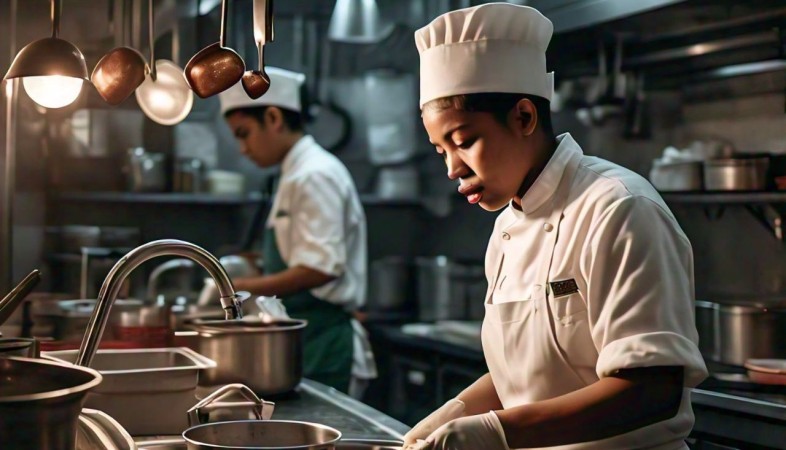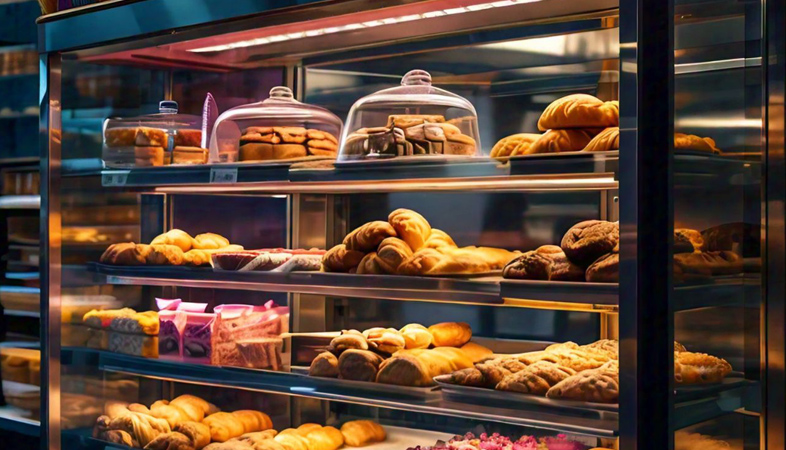SHARE
Commercials
More Posts
Nov 18, 2024
Bela Pana - By Biswajit Das
Apr 23, 2025
Hotel Room Service: Innovations in In-Room Dining
Feb 21, 2025
Grilled Lamb Chops - By Chef Manoj Rathore
Feb 13, 2025
Vipin Verma Joins Lemon Tree Hotels as Sous Chef
Nov 18, 2024
Bela Pana - By Biswajit Das
Apr 23, 2025
Hotel Room Service: Innovations in In-Room Dining
Feb 21, 2025
Grilled Lamb Chops - By Chef Manoj Rathore
Feb 13, 2025
.png)



























